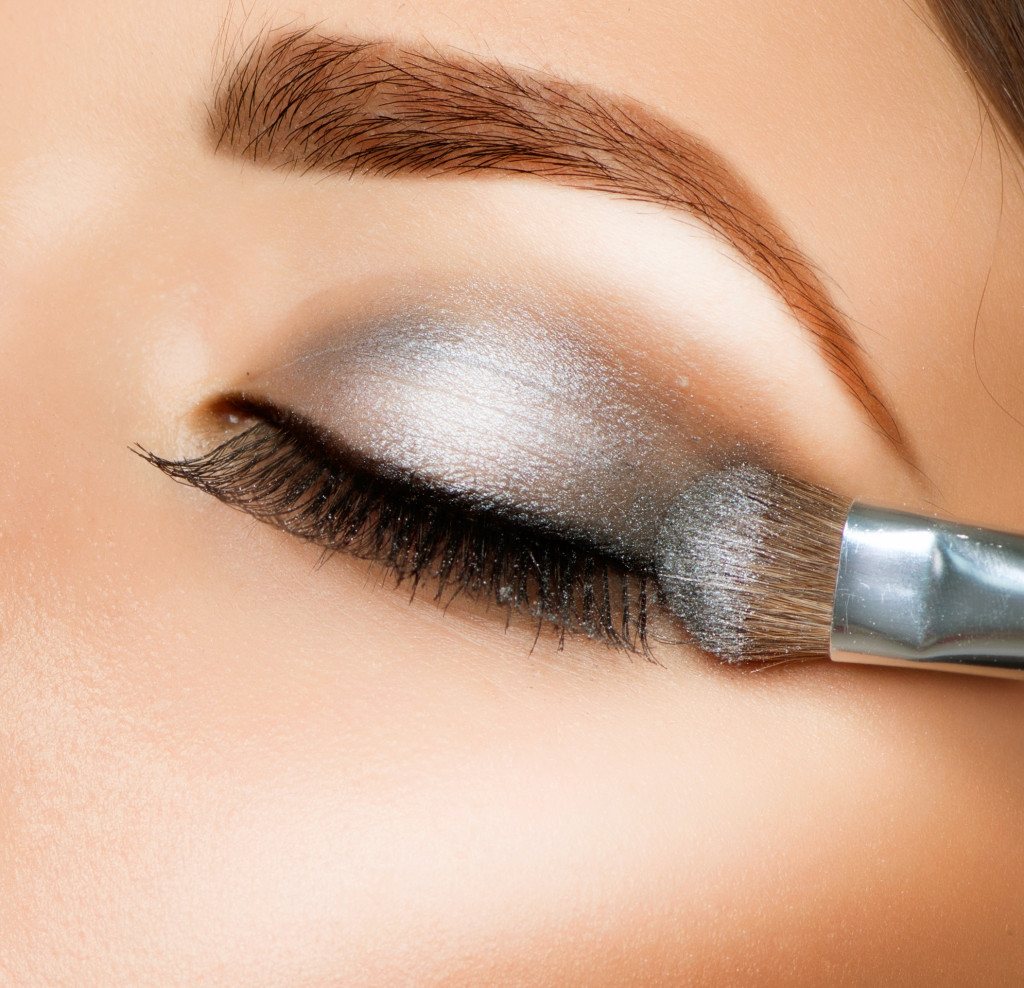If you want to start a makeup brand, one of the first things worth considering is your method of testing. Many makeup brands are cruelty-free, meaning they don’t test on animals. Some have gone all the way to being vegan so that they won’t use animal byproducts as well.
The reason to go cruelty-free is obvious: because animal testing is inhumane. In addition, the tests are hardly effective. As early as 1985, calls to end animal testing started because many drugs that appeared safe on animals turned out to fail on humans. But if the reasons were that simple, then why do many brands still test on animals?
The Truth About Animal Testing
According to PETA, companies use animal testing to provide data they can use to defend themselves. For example, if a consumer has sued them for injury caused by their products, the company could simply state that their animal tests produced positive results. That way, they escape the blame for the consumer’s injury.
Some courts have ruled that animal test results cannot be extrapolated to humans. This had both good and bad outcomes. Good, because not all companies can defend themselves with animal testing anymore. Bad, because even if the tests have blinded or poisoned animals, companies still market the tested products anyway.
Companies use the fact that their products were tested as evidence that they are safe. What they fail to disclose is the result of those tests. Indeed, a typical consumer wouldn’t wonder about a test’s results. They only care that the product underwent tests before being sold.
If they are sued for personal injury, companies just pay off the injured consumer, rather than acknowledge the unreliability of their animal tests. Fortunately, some courts rule in favor of the injured consumers. But until companies admit the faultiness of animal testing, the practice isn’t likely to stop altogether.
Aside from cosmetics, drug manufacturers also conduct animal testing. They’d usually inject infected cells into a mouse, then observe how the animal would react to those cells. They may also inject drug prototypes into the infected mouse to test its effectiveness. Such a process is called in vivo testing. In vivo is the Latin translation for “within the living”, hence its use of animals in clinical trials.
Humans can also be the test subject in in-vivo, which is a humane alternative for animal testing. However, in vivo studies are often done on animals first, so its human tests aren’t wholly cruelty-free either.

Compelling Reasons to Go Cruelty-free
Aside from supporting animal welfare, here are more reasons to go cruelty-free for your makeup brand:
-
Big Brands are Cruelty-free
While a cruelty-free certification should be more than just a marketing strategy, it pays to have the market’s positive perceptions. If MAC Cosmetics drew criticism and even boycotts due to their animal testing practices in the past, what more will a smaller brand suffer? Though MAC already stated that they don’t ask others to test their products on animals, they continue to sell in countries where animal testing is allowed. Hence, they haven’t earned a true cruelty-free status yet.
On the bright side, MAC is working toward a true cruelty-free future. They’ve partnered with an in vitro lab to “expand the use and acceptance of non-animal testing methods worldwide.” In vitro is the opposite of in vivo, meaning “within the glass.” In clinical trials, in vitro drug testing uses Petri dishes or test tubes to administer substances or drug prototypes. It’s a true cruelty-free alternative to in vivo tests.
Other big makeup brands that vowed to become cruelty-free are Fenty Beauty, Hourglass Cosmetics, CoverGirl, Too Faced, and E.L.F. Cosmetics.
-
Laws Against Animal Testing are Expected to Be Passed
Humane Society is working to pass the Humane Cosmetics Act, a federal legislation that will ban animal testing for cosmetics and the sale of animal-tested cosmetics. As of 2021, seven states have already prohibited animal testing.
If you want to expand internationally, you’ll also find more than 40 countries against animal testing. These include the U.K., South Korea, Australia, New Zealand, and several states in Brazil.
If the Humane Cosmetics Act becomes a law, shampoos will also be produced without being animal-tested.
-
Going Cruelty-free and Vegan Inspires Empathy
Some consumers don’t consider cruelty-free brands 100% such unless they also go vegan. Indeed, cruelty-free brands can still harm animals through the use of their byproducts. Carmine, for example, is a common ingredient in lipsticks and blushes, and it’s derived from crushing cochineal beetles. Thus, if your brand’s mission is to inspire animal welfare support and greater empathy from consumers, going vegan will be true to that mission.
The cosmetics industry may still have a long way to go to ban animal testing, but we’re getting there, one brand at a time. You might be a newcomer in the industry, but that won’t make your impact any smaller.

